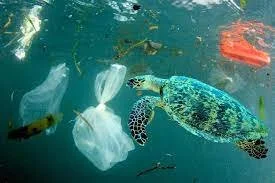There once was a well-known humpback whale named Hal. He was sighted from Hawaii to the Philippines.
One day Hal washed up on shore dead. Upon autopsy, researchers found 88 pounds of trash in him including plastic bags, cups, and other single use items. He died of starvation because the plastic gave him a sense of fullness but obviously no nutrition. Some of the plastic had been there so long, it calcified and turned into a brick.
Visiting Florida this weekend and seeing the ocean, I thought of Hal.
I couldn’t help but to see Hal in every piece of garbage I picked up along my walks on the beach; a random sock, a bikini bottom, a kite, several straws and bottle caps, plastic wrappers, a full can of ice tea, an ice pack, bungee cord, a kids plastic shovel. Unfortunately I didn’t have my phone with me to take pictures to show you all the items I picked up. 😔
All of these items were right on the shore. Garbage cans were near by but these items didn’t make it there.
With each piece of trash, I envisioned how each piece could so easily float off to sea where marine animals mistake it for food.
And it’s not just the garbage on the beach that makes it out to sea. Approximately 80% of our global waste makes it way into our oceans. I know, it’s astounding to read, but it’s true.
There is so much we can do to stop polluting our oceans and killing off marine life, like banning single-use plastic, finding better ways to recycle, using less plastic. But it starts with our awareness of the problem and being an active global citizen. Even more so having the awareness that what affects marine life affects us.
Marine life like Hal have a tremendous impact on us. Whales provide nutrients to phytoplankton (the microscopic plants that live on the ocean’s surface) which in turn provide us with oxygen.
By living in a way where it’s “me” versus “them” we have lost sight of this. That interconnection is key. Knowing and understanding this is how we move into a sustainable future for all of us.
If you want to actively help keep trash out of our oceans and support scientists and advocates tackle ocean pollution, you can record the trash you pick up anywhere with the Clean Swell App by Ocean Conservancy..
Image courtesy of loveEXPLORING


